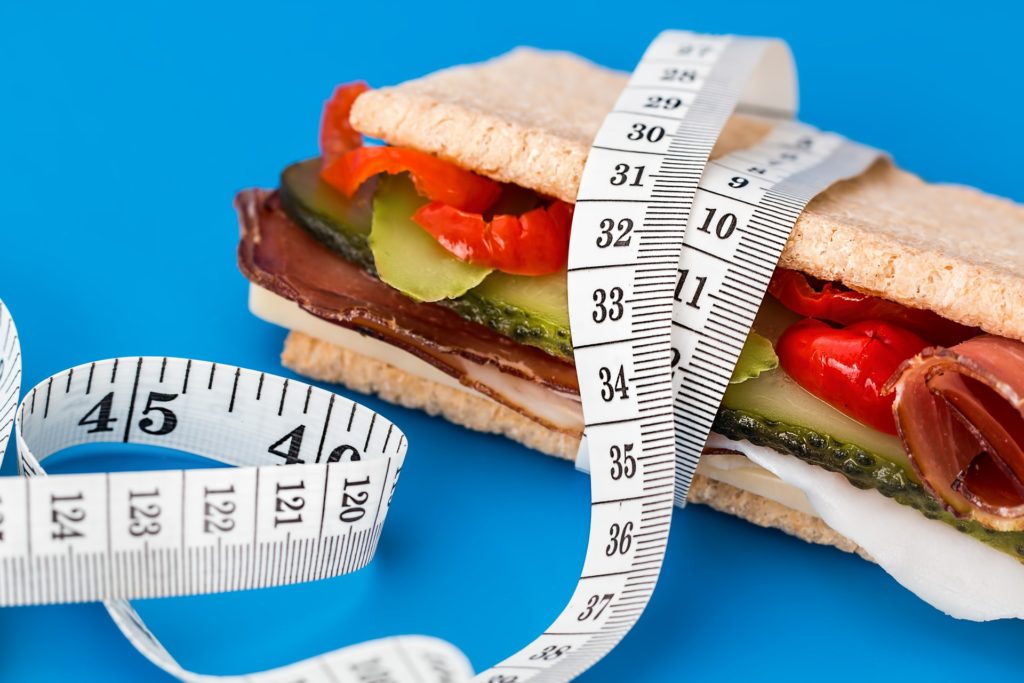Calorie counting may be beneficial to weight reduction or maintenance, but it can also be problematic. When calculating calories, there are a lot of variables to consider, and making errors is all too easy.
Here are 5 common challenges people face when counting calories and how to overcome them.
Click Here: Calorie Counting Made Easy5 Common Challenges With Calories Counting
Being aware of the common challenges to calorie counting will make you more successful in the long run. When you know the areas many people fail in, you can better prepare and equip yourself to avoid them.
Use these tips below to be sure you get the most benefits out of your calorie-counting journey.
1. Not Knowing How Many Calories to Eat
If you don’t know the number of calories you need, it might be difficult to know where to begin. To determine the correct calorie count for you, start by calculating your basal metabolic rate (BMR). The BMR number informs you how many calories your body requires to keep basic activities like breathing and heart rate going.
Once you know your BMR, you can figure out how many calories you need to eat based on your activity level. If you want to lose weight, you’ll need to eat fewer calories than your BMR. However, for weight maintenance, you’ll need to eat the same number of calories as your BMR. So once you know how many calories you should be eating, it’s important to stick to that number.
2. Not Being Prepared
If you’re unprepared, it can be hard to stick to your calorie goals.
This is especially true if you tend to eat out often or don’t have time to cook healthy meals. To avoid this, it’s essential to plan ahead. Make sure you have healthy snacks with you, so you’re not tempted to eat something unhealthy when you get hungry. And if you know you’ll be eating out, look up the menu ahead of time and make a healthy choice. This also means cooking meals in bulk, so you have leftovers for the week. This can save you time and help you avoid ordering takeout.
3. Underestimating Calories
Underestimating calories in certain foods is easy and all too typical. This is especially true regarding processed foods and restaurant meals. When counting calories, it’s important to be as accurate as possible. To do this, you may need to measure your food or look up the calorie content of items online.
It’s also a good idea to avoid guessing when it comes to calories. If unsure regarding how many calories are in something, it’s better to err on the side of caution and assume it’s more than you think.
4. Overestimating Calories
Just as it’s easy to underestimate calories, it’s also easy to overestimate them. This is often the case with homemade meals and healthy snacks. It’s a good idea to avoid guessing when it comes to calories. Again, it’s better to be cautious and assume it’s less than you think.
5. Not Being Consistent
It’s important to be consistent when counting calories. This means tracking your intake every day and sticking to your calorie goals. If you’re not consistent, it can be easy to fall off track and give up altogether.
Calorie Counting Made Easy
The bottom line is that calorie counting can be a useful weight-loss strategy as long as it’s done correctly. You may start seeing results right away if you put in the effort and motivation.
For more help counting calories use an app like My Food Diary. It will help you to eat properly and be in control of your decisions, and by making healthy changes to your unhealthy habits you can lose all that weight and keep it off for a lifetime. Take the guesswork out of weight loss. Record your food and exercise, and My Food Diary will crunch the numbers for you.



